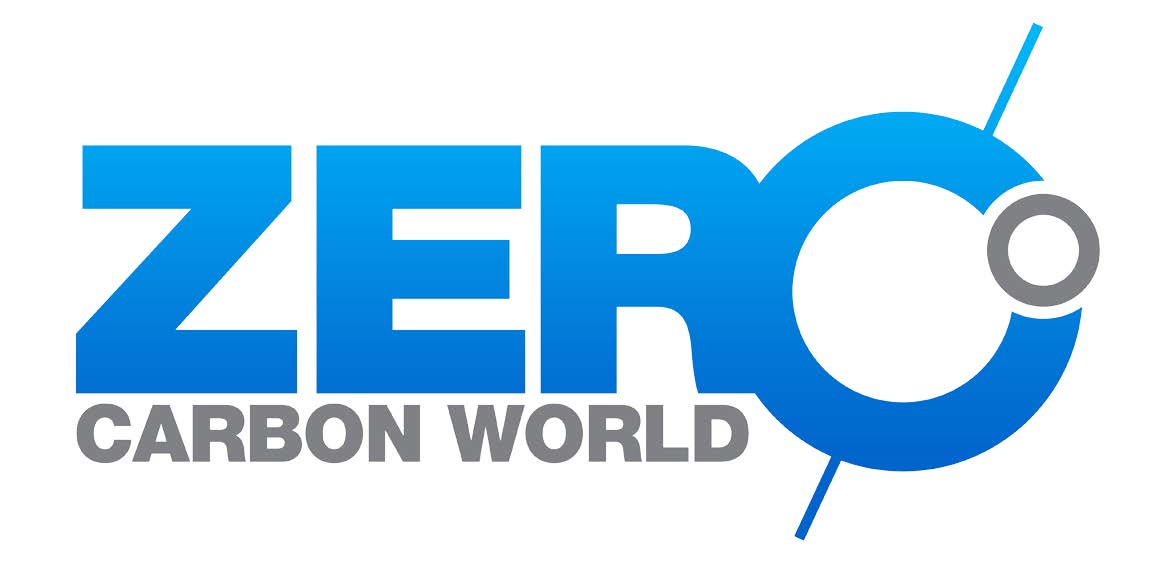Why EV Charging is Good for Business
Introduction
One in 12 new vehicle buyers in the UK are choosing a plug-in electric vehicle; this rapidly expanding market is largely held back by a lack of infrastructure. Zero Carbon World aims to change that.
While most EV charging takes place at home, many owners do not have access to off street parking, or lack the capacity or budget to install a home charger. For these users, destination charging is essential. The average electric vehicle available in the UK charges to full in 3-4 hours at a destination charger. However, customers rarely need to charge to full - a meaningful charging event could be between 30 minutes and an hour. This makes tourist destinations, retailers, restaurants, hotels and council run car parks ideal for the installation of EV charging points.
Footfall
The current network of charging stations available is widely regarded as being limited in the UK. This provides an opportunity for pioneer businesses to establish themselves as preferred brands among EV drivers. Installing charging points increases footfall by capturing range conscious EV driving customers from competition without charging infrastructure. Similarly, EV charging in public car parks encourages spending and tourism, as drivers will likely find a local café or town centre to spend time while their car charges. Transit drivers are also more likely to spend time in these car parks, as longer trips rely on rest stops, and EV drivers will plan routes according to available public charging. In these ways, EV charging infrastructure promotes footfall for both businesses and local communities.
Sustainability
As well as improving footfall, businesses and councils will benefit from favourable publicity when installing EV charge points. Supporting a network of low emission vehicles is a way of improving sustainability and reducing carbon footprint. For an increasingly environment-conscious customer base, this is an ideal incentive to capture more market share as a business. Furthermore, as new climate change regulation comes into practise throughout the UK, EV charging infrastructure can safeguard against future legislation. On top of the economic benefits of sustainability, encouraging the uptake of low emission vehicles improves local air quality, protecting the health of the members of your community.
Utility
EV charge points can provide useful utility to business fleet operations, and public transport. An electrified fleet has many benefits, from higher ‘fuel’ efficiency to lower maintenance and charging costs. Furthermore, the same benefits regarding regulations also apply to fleet electrification; zero emission vehicles mean zero road tax, and no carbon dioxide tariffs. Electric vehicles are also quieter and less polluting, meaning that users of public transport will have a better experience.
Finance
Many businesses see the installation of EV charging points as an expense. County councils also often lack the budget for large scale investment, or are under pressure to cut spending. However, with a tailored solution from CPOs such as Plug-N-Go, EV chargers can become an asset, rather than a cost. Funded solutions are the most cost effective example of this; all installation costs are covered, including maintenance, support and overheads, and a lease on the parking spaces is granted. Once installed, a commission on the resale of electricity is paid to the business or county council, generating revenue from zero capital cost.
Zero Carbon World offers free charging stations to qualifying businesses, provided that they can cover the cost of installation. This has the added benefit of being part of a nationwide network of EV chargers - for more information, visit our charging stations page.
Conclusion
Whether opting for a funded solution or a leasing package, businesses can expect a low risk return on investment from the installation of EV charging points. Local governments can also benefit by reducing pressure to reduce carbon emissions, while not spending any budget on infrastructure. When coupled with the benefits to footfall, public image and the environment, EV charging solutions can add significant value.
